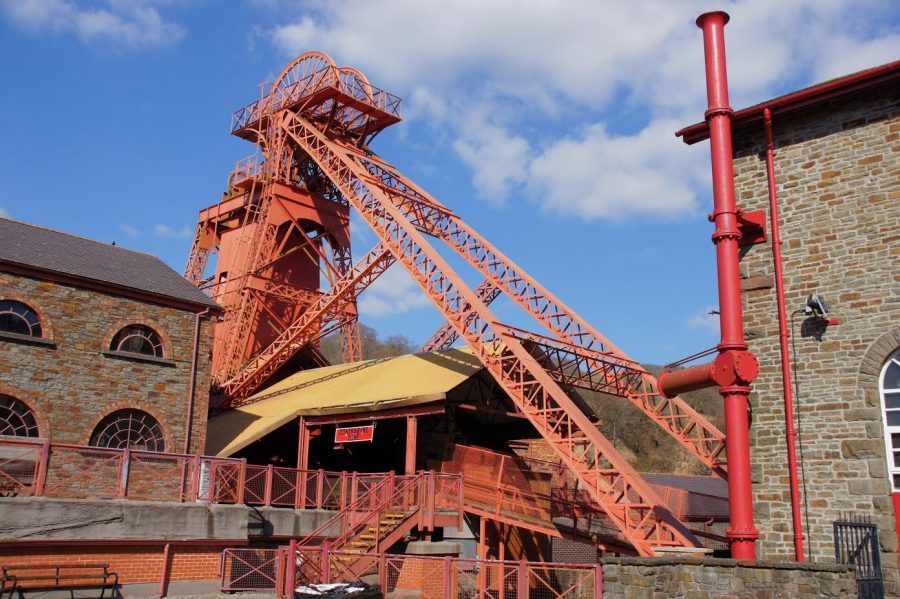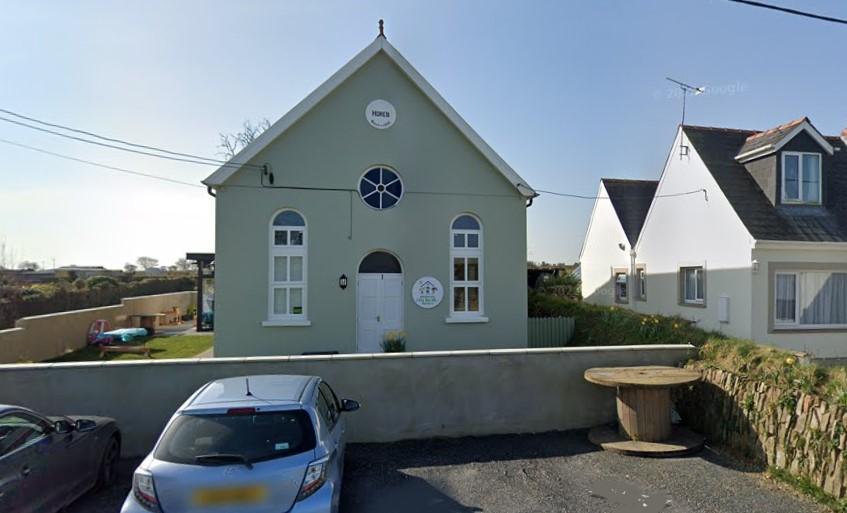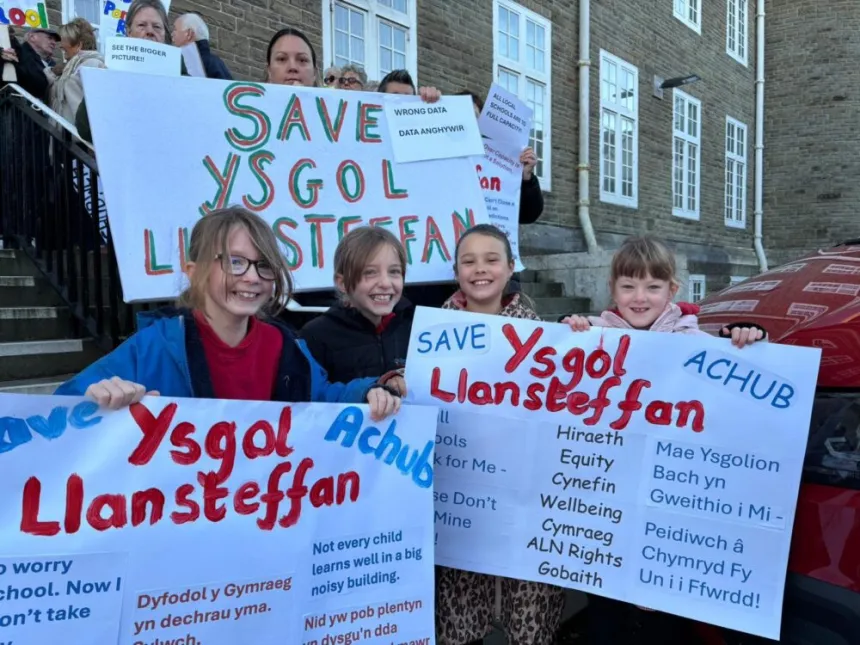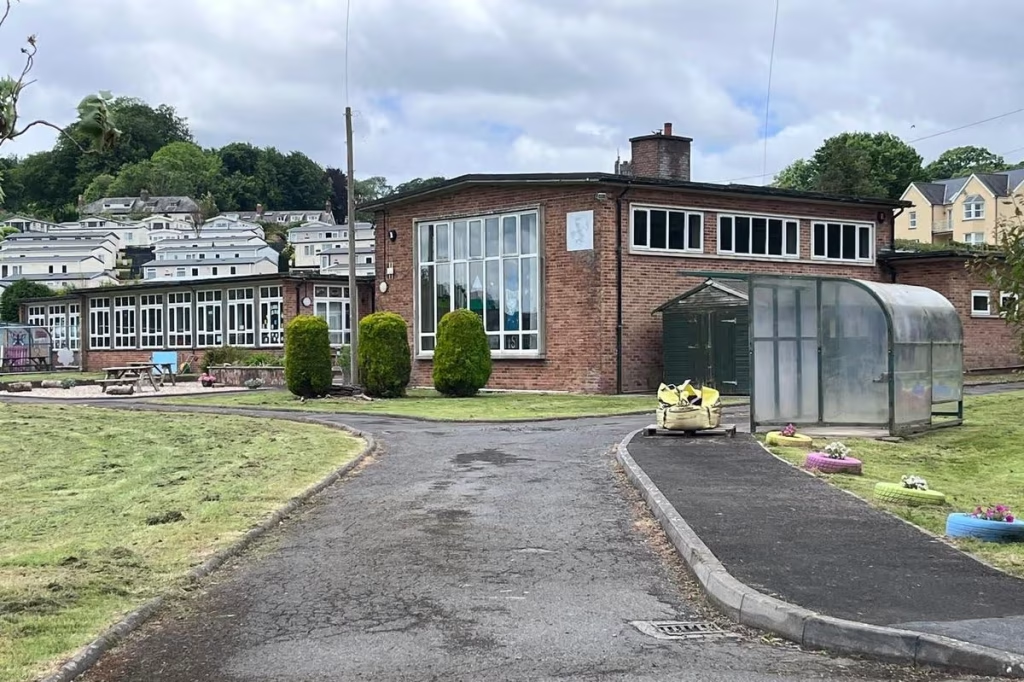Education
Welsh history teaching more miss than hit

A SENEDD Committee heard frustrations from teachers, history societies, pupils and academics that children do not know the story of their community or country.
The Senedd’s Culture, Welsh Language and Communications Committee heard children often commented they learnt more Welsh history in a Welsh language lesson than from their history teacher.
With a new curriculum on the horizon, the Committee also heard concerns there is a danger the new and less prescriptive curriculum’s development is happening without a good understanding of what is currently taught in schools.
Dr Elin Jones told the Committee “we don’t know the basis upon which we will be building for this new curriculum. We don’t know what teachers are making out of the current curriculum.”
A REVIEW NEEDED
Many who gave evidence to the Committee made clear that the picture is patchy across Wales and the extent to which Welsh history is taught varies from school to school. There is also a concern that there is not a clear understanding of the content and standard of current history teaching in our schools.
The Committee is calling on the Welsh Government to request that Estyn carry out a review of the teaching of Welsh history in schools. Only once there is robust evidence and an understanding of current teaching can assessments be made to inform the new Curriculum for Wales 2022.
LACK OF LEARNING RESOURCES
For Welsh history to be taught effectively in schools, teachers need training and resources. The Committee believes the Curriculum for Wales 2022 should be properly supported with teaching materials which reflect the ambition to teach the history of Wales from a local and national perspective. It recommends the Welsh Government ensures such resources are widely available.
From the experts who gave evidence, the Committee heard examples of Welsh history that should be taught, including the laws of Hywel Dda and the schools of Griffith Jones. Some believed the new curriculum should have a list of ‘must-haves’, i.e. topics all the pupils in the country need to be taught so they have a rounded knowledge of the events that have formed modern-day Wales.
A PUBLIC POLL
During summer 2018, the Committee ran a public poll, inviting members of the public to select from a list of potential topics for the Culture, Welsh Language and Communications Committee to look at.
Nearly 2,500 people participated in the poll. 44% voted for “Teaching of Welsh history, culture and heritage in schools”.
Since then the Committee has been looking at how Welsh history is currently taught and what the Welsh Government’s new Curriculum for Wales 2022 means for future teaching of it.
Aled James, Assistant Head Teacher at Ysgol Gyfun Plasmawr in Cardiff, who teaches history commented on the findings: “I’m pleased to see the Committee has looked at this issue. It’s essential that all pupils in Wales have a similar experience of Welsh history and there’s consistency. I think the Committee’s call for a thematic review of the teaching of Welsh history is a good idea so that we get an overview of where we are regarding the teaching of our nation’s history. It is a chance for ESTYN to highlight the strengths and bring attention to the situation across History departments in Wales.”
“We know that some schools are doing some good work in this area and I hope we can share best practice to make sure that all students across Wales should leave with a basic level of Welsh history knowledge.”
“To equip students well for the next stage in their education there should be a focus on local history, taught in a national and international context. It should also cover the diverse population of Wales and look at the history of all races and religions that make up our country.
“Although the new curriculum in 2022 should free up schools to teach according to their needs, I think the new curriculum should have some suggested key events in Welsh history but not be too narrowly focused.
“I agree that teacher training would need to be addressed but I think if we look at schools first and identify any gaps in Welsh history teaching then training gaps could be addressed as more of this training is focussed in schools now.”
WELSH HISTORY TEACHING ESSENTIAL
Bethan Sayed, Chair of the Culture, Welsh Language and Communications Committee said: “Teaching Welsh history has to feature in our children’s education – for too long young people have gone through the education system without really learning about the story of their community or country.
“With a new curriculum on the horizon, our inquiry has shed light on the inconsistency across Wales and some of the reasons why Welsh history isn’t featuring as it should. We heard many reasons such as the lack of teaching materials and the need for teacher training.
“There is good practice in some schools and I believe there is a lot of public support for improving the way we teach Welsh history to our children. We’re calling for the Welsh Government to review the level of Welsh history teaching in our schools. Only when we fully understand the picture of Welsh history teaching can we put measures in place to ensure that teachers get the support and materials they need.
“We believe that teaching should also reflect the diverse population of Wales – histories of Wales’ racial and religious diversity should be included in teacher training and reflected in teaching materials.
“I’m grateful to those who took part in our public poll and asked us to look at the teaching of Welsh history and to those who gave evidence to the inquiry. Our report urges the Welsh Government to take seriously the need for our history and cultural heritage to be taught to the next generation.”
1066 AND ALL THAT
In the nineteenth century and for most of the twentieth, British History was treated as though it were the history of England. This approach was a reflection of the political project of the ‘creation, survival and modification of the United Kingdom of Great Britain and Ireland’ between the Industrial Revolution and the Partition of Ireland.
History was taught as if it was a process of continuous progression. Everything moved towards UK’s creation because that was the irresistible motor of history. From serfdom to feudalism, to the over-mighty subject, to absolutism, to a republic, and then constitutional monarchy, followed by the glory of the empire. Along the journey were the waymarkers: The Domesday Book, Magna Carta, the Reformation, the Civil War, Restoration, Glorious Revolution, followed by the Victorian zenith and the empire upon which the sun never set.
English history enshrined romantic nationalistic exceptionalism. That view of history was enshrined by popular historical writers such as Sir Arthur Bryant, who churned out flowery prose in books with titles such as Set in a Silver Sea: A History of Britain and the British People, Vol 1 and the equally execrable Vol 2, Freedom’s Own Island.
History curricula helped promote the idea of the inevitability of political union and the triumph of England. It rendered other British histories less relevant and – crucially – inferior.
As recently as 2015, the WJEC history course taught in Welsh schools was only 10-15% Welsh history.
Llewellyn Fawr and Llewellyn ap Gruffudd were bit players in history teaching and reference to Owain Glyndwr came more often in Shakespeare’s history plays than in history classes. After that, a bit more about Henry VII being born in Pembroke Castle, the Bible in Welsh, the SPCK, non-conformism, and mining. And that was, more or less, it.
Peculiarly, Wales celebrates its national history by reference to the history of its conquerors and the remains of Welsh subjugation. Pembrokeshire was/is ‘the County of Castles’; Caernarvon Castle was important because of the investiture of the Prince of Wales; the monuments to oppression dot the landscape – and are celebrated.
The way the Welsh Government has the remnants of conquest at the centre of its tourism strategy underlines the difficulties faced by trying to look at the Welsh past from a Welsh viewpoint.
Education
Pembrokeshire youth workers lead life-changing wellbeing visit to Iceland

A GROUP of Pembrokeshire school-based youth workers recently took young people from four secondary schools on an unforgettable six-day visit to Iceland — a journey focused not only on education, but also on wellbeing, confidence and personal growth.
Funded through Taith, an international learning exchange programme for people in Wales, the trip brought together young people from across the county, many of whom had never travelled abroad before.
From the moment they arrived, the experience was designed to encourage participants to step outside their comfort zones, build resilience and develop friendships in a supportive environment.
One of the most powerful moments came as the group stood together at the Old Harbour in Reykjavik under the night sky, watching the Northern Lights shimmer above them. For many, it provided a rare pause from everyday pressures — a moment of calm, connection and awe that youth workers say will remain with them for years to come.
The group also attended Iceland’s Festival of Lights, experiencing the atmosphere of creativity, music and community spirit. Sharing the celebration helped young people appreciate the importance of culture, belonging and collective joy in supporting mental wellbeing.
A visit to the Secret Lagoon offered further opportunities to slow down. Immersed in warm geothermal waters surrounded by dramatic scenery, participants experienced the benefits of relaxation and mindfulness. Youth workers noted that these quieter moments allowed conversations to develop naturally, strengthening trust and deepening relationships.
The trip placed strong emphasis on teamwork and independence. Young people navigated travel arrangements, managed responsibilities, supported one another and adapted to unfamiliar surroundings — experiences which helped build confidence and social skills.
Meeting Icelandic peers at a local youth club was another highlight. Conversations about daily life, hopes and ambitions reinforced the idea that young people across the world share similar challenges and aspirations. These exchanges fostered empathy, broadened horizons and encouraged a stronger sense of global citizenship.
Senior Youth Worker Tristy McDermott said the impact of the visit was clear.
“We observed noticeable growth in many participants over the six days — quieter young people finding their voice, friendships forming across schools, and individuals showing resilience in new situations,” she said.
“Time away from routine, combined with positive adult support and inspiring surroundings, created space for reflection and self-discovery.
“For the young people of Pembrokeshire, this was far more than a visit abroad. It was an opportunity to build confidence, strengthen wellbeing, form lasting memories and return home with a renewed sense of possibility.”
The group extended thanks to Taith for making the experience possible.
Community
Letterston nursery equipment could be stored in cemetery

A CALL for a storage container for a “well-established and valued” Pembrokeshire children’s nursery in a nearby cemetery has been submitted to county planners.
In an application to Pembrokeshire County Council, Diane Evans of Meithrinfa Do Re Mi Nursery seeks permission for the installation of a storage container, partially in retrospect, at Horeb Cemetery, Station Road, Letterston.
A supporting statement says: “The container is required to provide essential ancillary storage to support the lawful and established nursery use within the [nearby] chapel building.
“The site forms part of an active cemetery, owned and managed by a group of trustees. The applicant is one of the trustees and has obtained formal permission from the trustees for the container to be sited on this land. The area selected previously comprised a large, longstanding mound of garden waste which has now been removed. The land has been levelled and prepared with a hard-standing base.
“The container will be used solely for storage of nursery equipment and materials, including outdoor learning resources, maintenance equipment, and items required to manage both the nursery grounds and the cemetery land. No additional operational activity will take place within or around the container.”
It adds: “The day nursery provides childcare for approximately 83 children from the local community and employs 21 staff, all of whom live locally. The nursery is a well-established and valued community facility, supporting local families and contributing positively to the local economy. Adequate storage is essential to ensure the safe, efficient and compliant operation of the nursery. The chapel building itself has limited internal storage, making external ancillary storage necessary.”
It says the nursery “operates with a strong community focus and promotes sustainability and environmental awareness,” with plans to soften its appearance through the planting of trees, shrubs and flowers.
It added: “Children will take part in a ‘sow, grow and give’ project, growing cut flowers from seed. These flowers will be made available to the community, particularly visitors to the cemetery, who will be invited to cut flowers to place on the graves of loved ones. This initiative enhances biodiversity, strengthens community links, and adds social value to the cemetery space.”
The application will be considered by county planners at a later date.
Education
Parents urge council not to close Ysgol Llansteffan

Campaigners call for delay amid Welsh language investigation and rising pupil numbers
PARENTS and campaigners have urged Carmarthenshire County Council’s Cabinet not to recommend the closure of Ysgol Llansteffan when members meet on Monday (Feb 23).
The appeal comes ahead of a proposed decision that could see the village’s Welsh-medium primary school close in August this year.
The Ysgol Llansteffan Parents and Teachers Association (PTA), supported by Cymdeithas yr Iaith, has written to councillors calling for the process to be halted, arguing that key evidence remains incomplete and that the case for closure is flawed.

Among their concerns is an ongoing investigation by the Welsh Language Commissioner into the language impact assessment used to support the closure proposal. Campaigners say it would be inappropriate for the council to make a final decision before the investigation is concluded.
They also claim no council decision-makers have visited the school to verify the information used in the proposal, despite significant changes in circumstances, including a rise in pupil numbers to 17 as of January 2026.
The PTA argues that this increase undermines earlier projections and raises questions about the reliability of longer-term forecasts used to justify closure.
Financial concerns have also been raised. While council documents suggest annual savings of around £112,000, campaigners say transport costs of approximately £50,000 per year and inflationary pressures have not been clearly accounted for, potentially overstating the net benefit.
Parents say closure would remove parental choice and risk damaging Welsh-medium education in the area by forcing some children to travel further or potentially move into English-medium provision.
Cymdeithas yr Iaith has backed the PTA’s call, warning that the council’s objection report failed to properly address concerns that insufficient school capacity elsewhere could push pupils out of Welsh-medium education altogether.
Campaigners have also criticised what they describe as factual inconsistencies in the council’s reports, including outdated enrolment figures and conflicting capacity estimates for neighbouring schools.
The PTA has asked the council to defer any decision until updated data is available, the Commissioner’s findings are published, and alternative options for sustaining the school have been fully explored.
In their letter, parents stressed they remain willing to work constructively with the council to develop a long-term solution that would allow the school to remain open as a sustainable Welsh-medium provision for the community.
Carmarthenshire County Council has previously said the proposal is intended to address falling pupil numbers, high surplus places and financial pressures at the school. Cabinet members were told earlier in the process that neighbouring Ysgol Llangain would have sufficient capacity to accommodate pupils if the closure proceeds, and that transferring learners would provide access to improved facilities and help ensure long-term sustainability of education provision in the area.
The final decision is expected to be taken by full council in March following the Cabinet’s recommendation.
-

 Health6 days ago
Health6 days agoWithybush loses emergency surgery in shock health board decision
-

 Health5 days ago
Health5 days agoHealth board confirms major hospital changes across west Wales
-

 Health4 days ago
Health4 days agoConcerns grow over Bronglais stroke plans as politicians demand clarity
-

 Health6 days ago
Health6 days agoHealth board: Changes will bring “resilience and sustainability” to West Wales services
-

 Local Government3 days ago
Local Government3 days agoCandidate who withdrew from Hakin race will still appear on ballot paper
-

 Business6 days ago
Business6 days agoMounting complaints: More Computer Solutions Wales customers claim losses
-

 Crime7 days ago
Crime7 days agoSexual assault allegation to be tried
-

 News6 days ago
News6 days agoPress regulator backs Herald reporting following Ajay Owen complaint






























